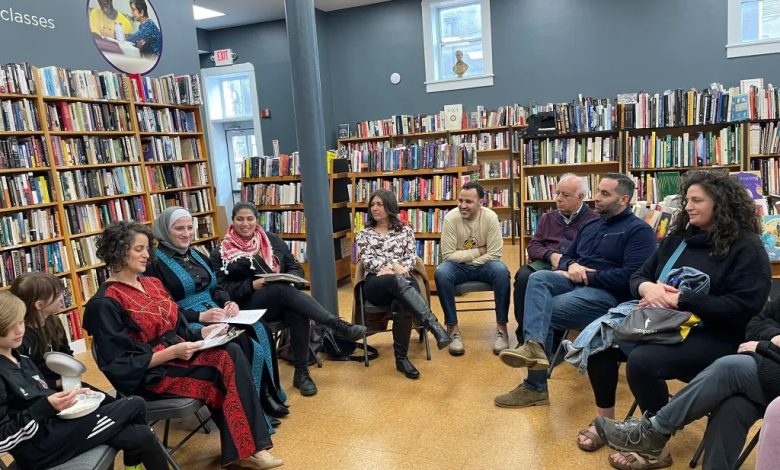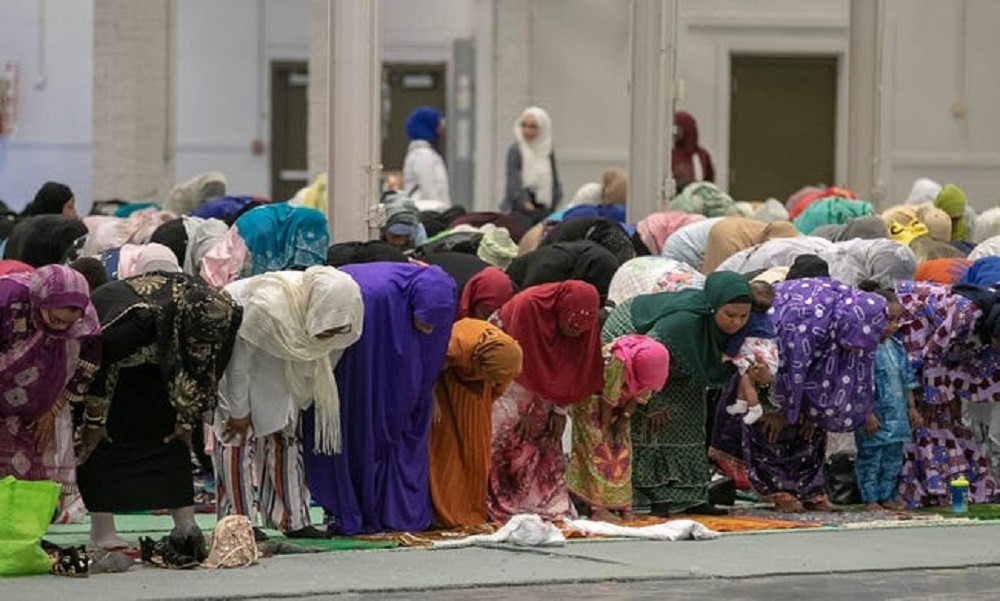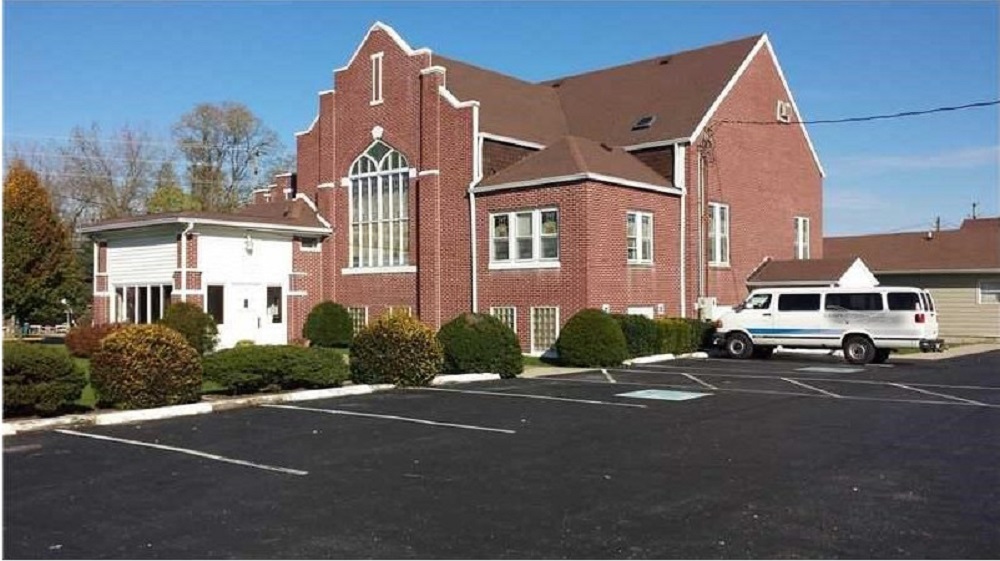The Growing Arab and Muslim Community in Indianapolis: Faith, Culture, and Progress in the Heart of America
Indianapolis has become a thriving hub for Arab and Muslim Americans — a community blending entrepreneurship, education, and cultural identity while shaping the city’s diverse future.

Over the past two decades, Indianapolis, Indiana, has quietly become one of the Midwest’s most dynamic centers for Arab and Muslim life. With thousands of residents tracing their roots to countries such as Lebanon, Iraq, Syria, Egypt, Palestine, Jordan, and Yemen, the city’s Arab and Muslim communities have built a strong presence grounded in faith, family, and cultural pride.
A Community Rooted in Faith
At the heart of the Muslim experience in Indianapolis are the mosques and Islamic centers that serve as spiritual and social anchors. Notable among them are the Islamic Center of Indianapolis (Masjid Al-Fajr), Nur-Allah Islamic Center, Masjid Al-Mumineen, and Masjid Al-Taqwa, each offering daily prayers, Quranic classes, and youth programs.
These institutions go beyond religion — they serve as places for interfaith dialogue, social support, and education. The Nur-Allah Islamic Center, for instance, has been active in promoting civil rights and interfaith unity since the 1960s, connecting African American Muslims and newer Arab immigrant communities under a shared commitment to justice and community welfare.
Arab Identity and Cultural Ties
The Arab American community in Indianapolis has grown steadily since the late 20th century, with many immigrants arriving from Lebanon, Iraq, and Palestine. More recent arrivals from Syria and Yemen have added new layers of linguistic and cultural richness.
Family-owned businesses play a major role in sustaining community life — from halal meat markets and bakeries to restaurants serving shawarma, falafel, and kabsa. Popular establishments such as Sahara Restaurant, Al-Rayan Bakery, and Jerusalem Café have become cultural touchpoints for both Muslims and non-Muslims interested in Middle Eastern cuisine.
Arabic language schools and cultural events, such as Eid festivals and Ramadan community iftars, are vital in preserving heritage and fostering unity. The Arab Indianapolis Project, led by local historians and educators, highlights the deep contributions of Arab Americans to the city’s artistic, business, and civic life — from early Lebanese settlers to modern entrepreneurs and professionals.

Education and Professional Growth
Indianapolis’s Muslim and Arab residents are highly active in education, health care, and business. Many second-generation Arab Americans have pursued higher education at institutions like Indiana University–Purdue University Indianapolis (IUPUI) and Butler University, entering professions in medicine, technology, and law.
Local student groups, including the Muslim Students Association (MSA) at IUPUI, play a critical role in supporting young Muslims as they balance academic life and religious identity. The community’s emphasis on education reflects a deep belief in empowerment through knowledge — a value shared across Arab and Islamic cultures.
Halal Markets and Daily Life
Access to halal food and Islamic lifestyle products has expanded dramatically in recent years. Supermarkets such as Cedar Halal Market, Al-Khalil Grocery, and Jerusalem International Market provide everything from halal meats to Middle Eastern spices and sweets. The growth of such businesses has made Indianapolis a more accommodating city for Muslim families and newcomers.
Social Engagement and Civic Participation
Arab and Muslim residents have increasingly become involved in local politics, nonprofit work, and civic engagement. Muslim advocacy organizations such as CAIR-Indiana (Council on American-Islamic Relations) have been active in defending civil rights, promoting voter participation, and challenging Islamophobia.
Community leaders also emphasize dialogue with other faith groups. The city’s interfaith networks regularly host discussions and service projects where Muslims, Christians, and Jews collaborate to address poverty, education, and healthcare access.

Challenges and the Path Forward
Despite progress, challenges persist — including misconceptions about Islam, employment barriers for new immigrants, and the need for more Arabic and Islamic educational institutions. However, the younger generation of Muslims in Indianapolis is redefining what it means to be both proudly American and authentically Muslim.
From Eid celebrations in local parks to community health drives organized by Muslim doctors, the city’s Arab and Muslim communities are increasingly visible, integrated, and confident. Their contribution to the social and cultural fabric of Indianapolis underscores a broader American story — one of faith, resilience, and belonging.



